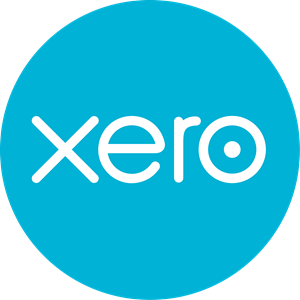Going Solo And Launching A $14K/Month Flexible Office Space Business
Hello! Who are you and what business did you start?
Hi, my name is Mike Gardener and I am the founder of The Office Providers which is an online office space and workspace search platform that is backed by offline commercial real estate expertise.
It helps businesses of all sizes from one-person-bands to multinational corporations find the perfect flexible workspace for their business. We provide a completely free service to the occupier as we are paid a fee by the office provider, operator, or landlord of the property that is chosen by the occupier.
We are regulated by the Royal Institution of Chartered Surveyors (RICS) and were the first flexible-focused office space rental agency to be so.
As opposed to leased office space which can be restrictive and requires a high level of commitment, we specialize in flexible workspace products such as turnkey offices that are fully fitted and are serviced by the provider, managed full-floor office suites, coworking desk space memberships and part-time offices for hybrid working companies, as well as other bespoke flexi space solutions.
All of the workspaces that we broker are available on short-term flexible contracts...


























































